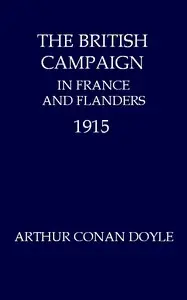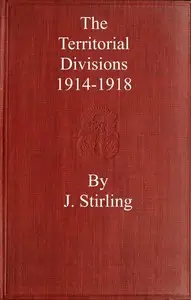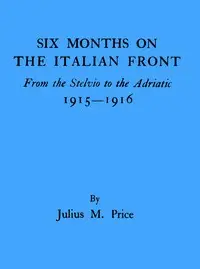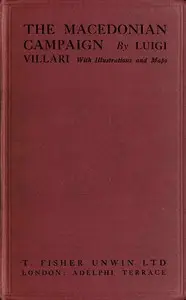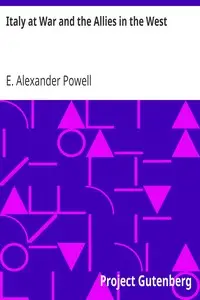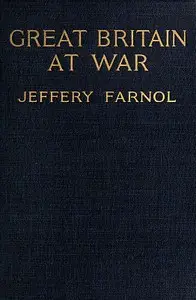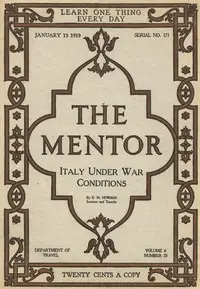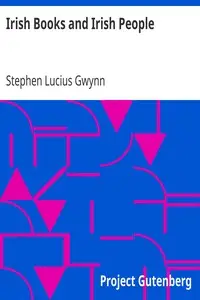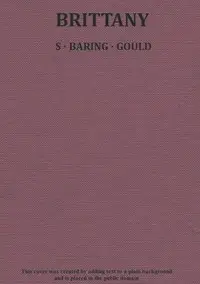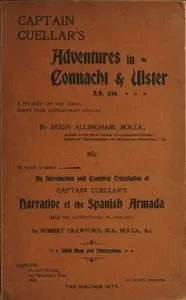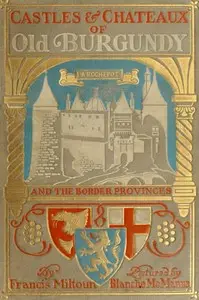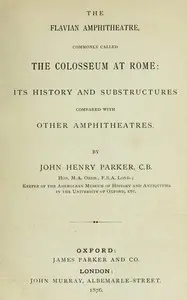"With British Guns in Italy: A Tribute to Italian Achievement" by Hugh Dalton is a recounting of World War I experiences seen through the eyes of a British lieutenant serving with Italian forces. The book, written shortly after the war, emphasizes the strong bond between British and Italian soldiers, highlighting Italy's crucial contribution to the Allied effort. It begins by exploring the historical relationship between Britain and Italy and Italy's involvement in the war. The author uses personal stories and observations from the front lines to show the mutual respect and camaraderie shared by the soldiers, as well as the difficulties they faced together. From his journey to Italy to his interactions with the Italian people, the story paints a vivid picture designed to honor the courage of Italian soldiers and preserve their legacy.
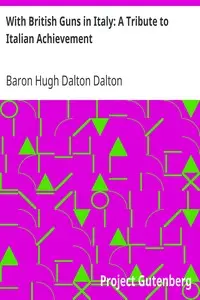
With British Guns in Italy: A Tribute to Italian Achievement
By Hugh Dalton Dalton
Amidst the chaos of World War I, a British officer's account celebrates the unsung heroism and shared experiences of Italian soldiers fighting for their nation.
Summary
About the AuthorEdward Hugh John Neale Dalton, Baron Dalton, was a British Labour Party economist and politician who served as Chancellor of the Exchequer from 1945 to 1947. He shaped Labour Party foreign policy in the 1930s, opposing pacifism; promoting rearmament against the German threat; and strongly opposed the appeasement policy of Prime Minister Neville Chamberlain in 1938. Dalton served in Winston Churchill's wartime coalition cabinet; after the Dunkirk evacuation he was Minister of Economic Warfare, and established Special Operations Executive. As Chancellor, he pushed his policy of cheap money too hard, and mishandled the sterling crisis of 1947. His political position was already in jeopardy in 1947 when he, seemingly inadvertently, revealed a sentence of the budget to a reporter minutes before delivering his budget speech. Prime Minister Clement Attlee accepted his resignation; Dalton later returned to the cabinet in relatively minor positions.
Edward Hugh John Neale Dalton, Baron Dalton, was a British Labour Party economist and politician who served as Chancellor of the Exchequer from 1945 to 1947. He shaped Labour Party foreign policy in the 1930s, opposing pacifism; promoting rearmament against the German threat; and strongly opposed the appeasement policy of Prime Minister Neville Chamberlain in 1938. Dalton served in Winston Churchill's wartime coalition cabinet; after the Dunkirk evacuation he was Minister of Economic Warfare, and established Special Operations Executive. As Chancellor, he pushed his policy of cheap money too hard, and mishandled the sterling crisis of 1947. His political position was already in jeopardy in 1947 when he, seemingly inadvertently, revealed a sentence of the budget to a reporter minutes before delivering his budget speech. Prime Minister Clement Attlee accepted his resignation; Dalton later returned to the cabinet in relatively minor positions.

